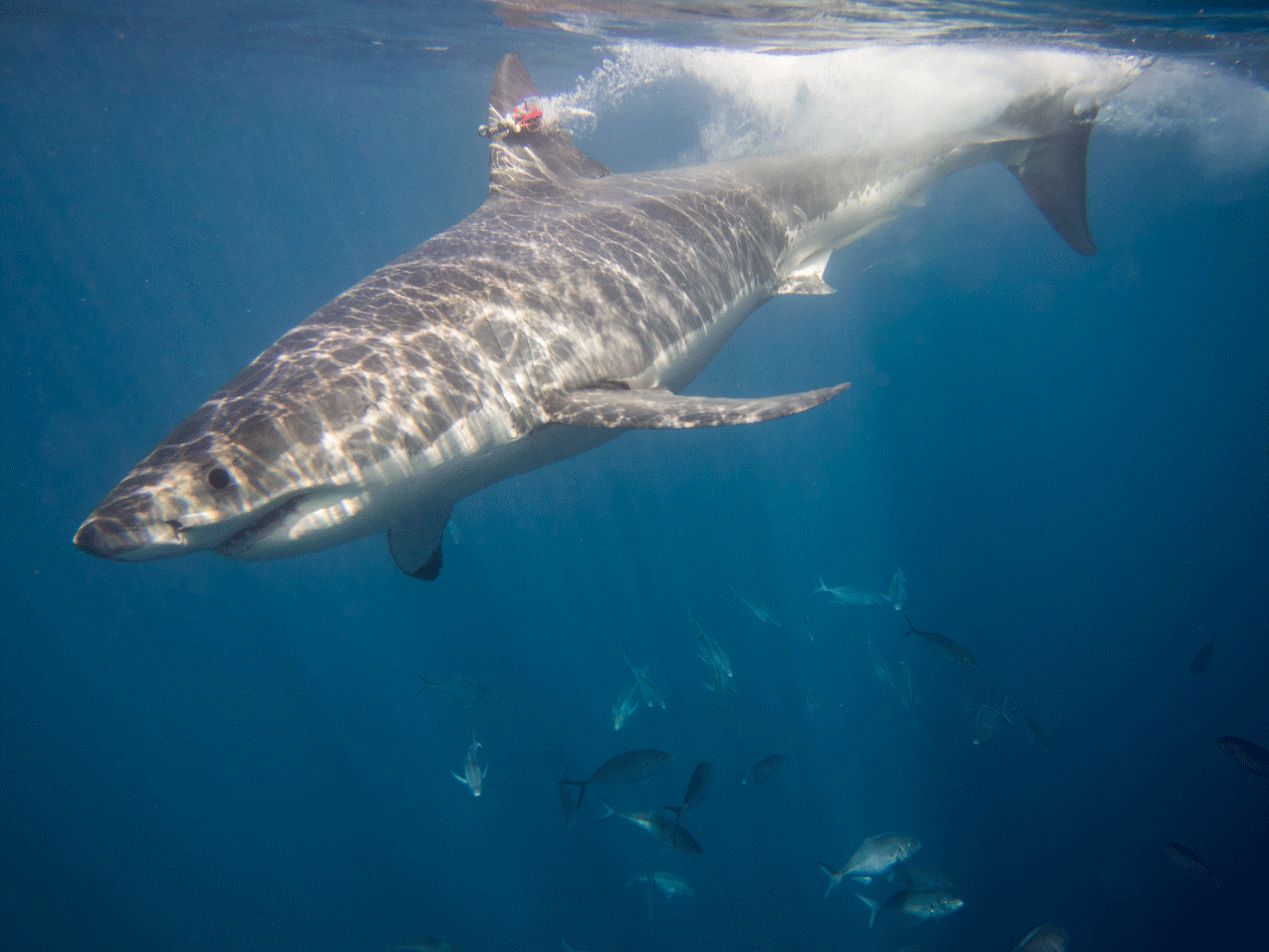Professor Yuuki Watanabe
Ecology, Marine Biology

Yuuki Watanabe
Professor
| Research Area | Ecology, Marine Biology |
|---|---|
| Lab Website | |
| Google Scholar | |
| ResearchMap | |
| Interview |

I study the ecology of marine predators (large fishes, marine mammals, and seabirds) using the technique called biologging, where miniaturized sensors are attached to animals. With modern biologging devices, it is now possible to record the behavior, surrounding environment, and internal state (e.g., body temperature, heart rate) of marine predators. It is also possible to observe what they do in the water by attaching video cameras to the back of the animals. My main approach is to obtain such data in the field and then analyze data from ecological perspectives, often with the information collected using other research methods or from the literature. By doing so, I aim at understanding the ecological significance (or ultimate causes) of the behavioral or physiological traits shown by the species in question. My main research target is currently sharks, although I also conduced many field studies on marine mammals and seabirds in the past. My study areas include Kochi and Okinawa Prefectures in Japan as well as various areas off Taiwan, Australia, and Canada. In addition, I recently began fieldwork in Sagami Bay near the Hayama Campus of SOKENDAI. A key component of biologging studies is the development of new devices. Thus, I am collaborating with several manufacturers in Japan, aiming to record truly innovative data from free-moving marine predators.
Selected Publications, Books etc.
- 1.Watanabe YY and Payne NL (2023) Thermal sensitivity of metabolic rate mirrors biogeographic differences between teleosts and elasmobranchs. Nature Communications 14:2054. doi:10.1038/s41467-023-37637-z
- 2.Watanabe YY, Baranov EA, and Miyazaki N (2020) Ultrahigh foraging rates of Baikal seals make tiny endemic amphipods profitable in Lake Baikal. Proc Natl Acad Sci USA 117:31242-31248. doi:10.1073/pnas.2014021117
- 3.Watanabe YY, Ito K, Kokubun N, and Takahashi A (2020) Foraging behavior links sea ice to breeding success in Antarctic penguins. Science Advances 6:eaba4828. doi:10.1126/sciadv.aba4828
- 4.Watanabe YY, Goldman KJ, Caselle JE, Chapman DD, and Papastamatiou YP (2015) Comparative analyses of animal-tracking data reveal ecological significance of endothermy in fishes. Proc Natl Acad Sci USA 112:6104–6109. doi:10.1073/pnas.1500316112
- 5.Watanabe YY, and Takahashi A (2013) Linking animal-borne video to accelerometers reveals prey capture variability. Proc Natl Acad Sci USA 110:2199-2204. doi:10.1073/pnas.1216244110

